
In case you missed them, here are our top 5 articles for the week of May 14, 2017.

Researchers at Houston Methodist Hospital have identified that a surprising percentage of Klebsiella pneumoniae infections at their facility are caused by uncommon strains of the pathogen.
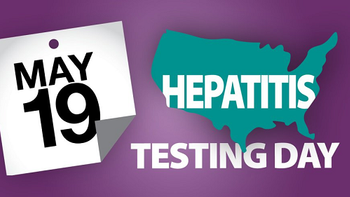
On Hepatitis Testing Day, healthcare providers and the public work together to promote awareness and encourage those at risk to get tested.
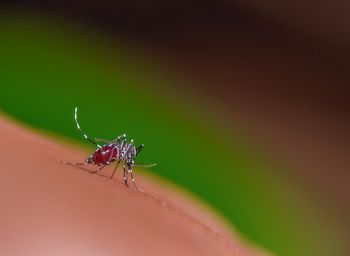
Researchers from Stanford University use mechanistic models to predict the temperatures at which mosquitoes are likely to contract Zika and other arboviral diseases and transmit them to humans.

In a time of hunger games-style scientific funding, one researcher speaks out.

A new study finds that gay African American and Latino men who use multiple forms of technology to find sexual partners have higher rates of disease transmission.

Researchers from Montefiore Medical Center presented findings on differential diagnosis of MRSA and Staphylococcus aureus at the 2017 Annual Pediatric Academic Societies (PAS) meeting in San Francisco, California.
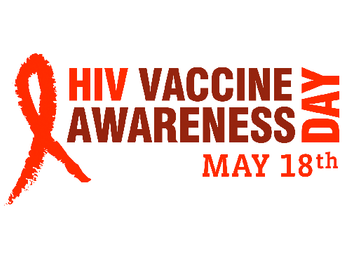
On HIV Vaccine Awareness Day, we reflect on the advancements made in the fight against HIV and the ongoing efforts to reach the collective goal of developing a safe, effective vaccine.

In a Phase 2 controlled clinical study, patients with Clostridium difficile infection receiving ridinilazole were found to have achieved better treatment outcomes than those receiving vancomycin.
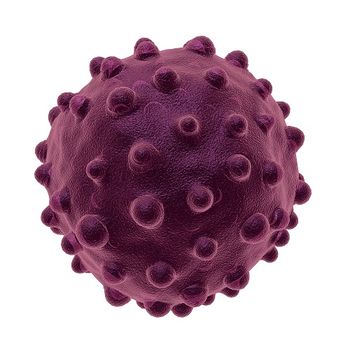
Several individuals in one US state and in Europe have fallen ill due to infection with hepatitis A.
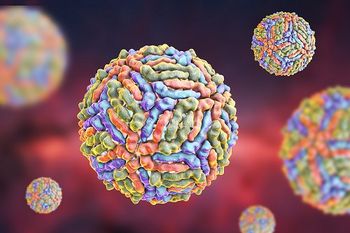
With multiple states reporting their first cases of West Nile virus, health officials are noting an early start to the virus’s seasonal activity and reminding the public to partake in mosquito control efforts.

This week’s Public Health News Watch focuses on what’s potentially behind the recent outbreak of measles in a Somali community in Minnesota.

CDC researchers have found that an invasive serotype of Streptococcus pneumoniae belonging to nonvaccine serotype 35B has recently emerged.

The World Health Organization (WHO) has released more information on the cases of Ebola virus infection recently discovered in the Democratic Republic of Congo.
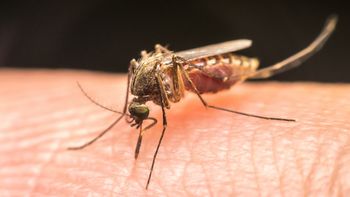
Due to a significant drop in new Zika cases, the Ministry of Health has declared the national emergency status over.
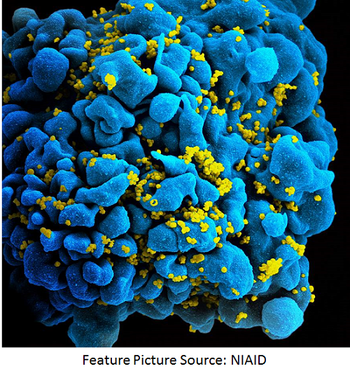
NICHD researchers find that tiny cell particles released by HIV-infected cells might help the virus spread to new cells.

A new report highlights that all links in the hospital reporting chain are tragically weak.
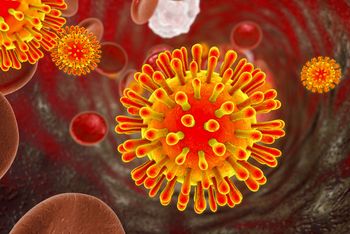
Research published in Molecular Therapy in early May could help uncover latent HIV-1 cells that serve as a viral reservoir.

Recent findings on the prevalence of Chagas disease in California are in line with 2009 estimates from the Centers for Disease Control and Prevention.

A recently published review article analyzed the epidemiology of atopic dermatitis and its increasing prevalence, and found that it may be more common in adults than previously thought.

Researchers may have found a way to broaden the US kidney transplant supply list.

In case you missed them, here are our top 5 articles for the week of May 7, 2017.

The CDC released new preliminary surveillance data showing that over five years, the number of new hepatitis C infections has nearly tripled in number.
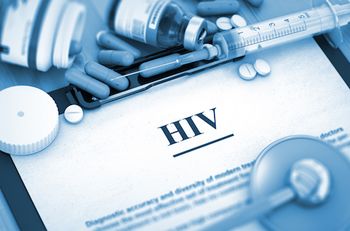
A study conducted by researchers from the University of Bristol analyzed survival rate trends among HIV-positive patients from the United States and Europe.

The World Health Organization has just confirmed a case of Ebola virus in the Democratic Republic of Congo.
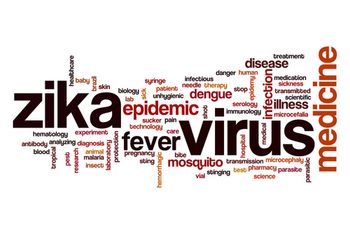
At the 2017 Annual EIS Conference, researchers presented findings from a prospective case-control study on acute Zika infection at 9 hospitals in Puerto Rico, as well as on a patient who was paralyzed due to Guillain-Barre Syndrome, unrelated to Zika infection.

A new study published in the CDC's Morbidity and Mortality Weekly Report details an increasing trend of hepatitis C infection in pregnant women, especially in the state of Tennessee.

UNC School of Medicine researchers have identified a new HIV reservoir, a finding that can be used to inform cure research.

A new study sheds light on the mechanisms behind the development of emphysema in 30% of HIV-positive individuals.

Are contaminated CRISPR kits a new source for resistant organisms?